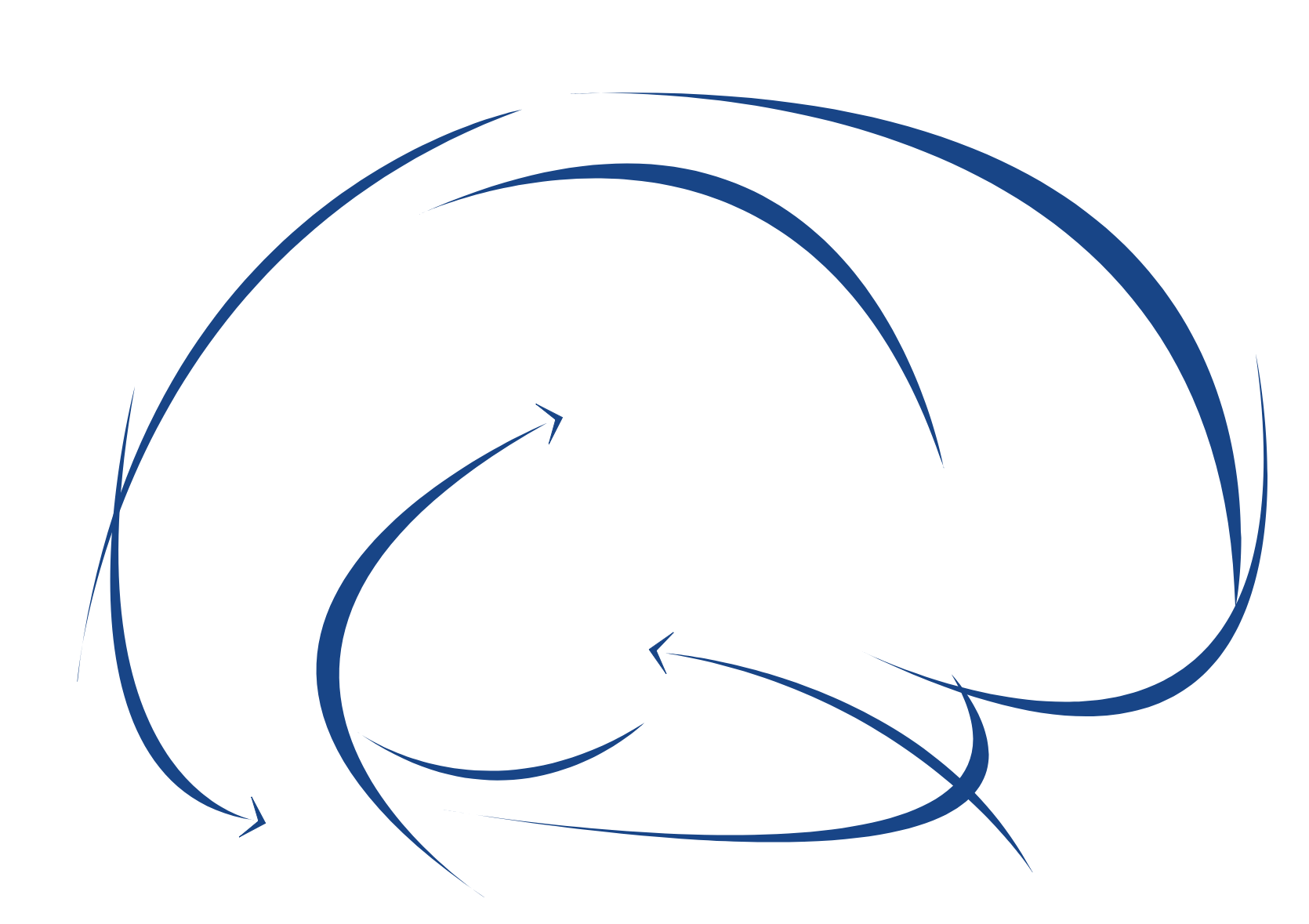Kristina Malmgren | ''What do we know about the comprehensive long-term outcomes of epilepsy surgery – the Swedish contribution''
Department of Clinical Neuroscience at Institute of Neuroscience and Physiology
University of Göteborg
Abstract: Epilepsy surgery is a recognized option in the management of adults and children with drug-resistant epilepsy. Advances in investigational techniques have widened the spectrum of surgical candidates. In the short term, rates of seizure freedom are relatively high, but seizure recurrence can still occur in the long term. There are methodological hurdles to overcome when assessing longer-term seizure outcomes. Patients and parents have hopes for improvements that are not limited to seizure control but pertain to many other areas of life - e g cognition, neurodevelopment, academic and vocational outcomes, and quality of life – which are of importance when determining whether a treatment is beneficial. In a number of these areas longer-term data are scarce or missing. Most patients are young when operated and they need counseling about the long-term perspective in order to make an informed decision about surgery. The Swedish National Epilepsy Surgery Register has prospectively included all patients in Sweden who have undergone epilepsy surgery since 1990. Hence the register is population based in a setting where this specialized treatment is public health care financed, which renders the data more generalisable than single center follow-ups. We have structured follow-ups up to 20 years after surgery encompassing information on seizures, antiepileptic drug treatment, work, and driving. We also pursue long-term cognitive follow-up studies of patients after temporal lobe resection; survey studies and qualitative interview studies in specified national patient/parent cohorts identified through the register. Results from these outcome studies will be presented concerning long-term seizure outcome, antiepileptic drug treatment outcome, vocational outcome, cognitive outcome and quality of life. From the interview studies data on patients’ expectations and experiences of epilepsy surgery will be presented. This knowledge is important in the counseling process, in order for patients to have realistic expectations on what they can gain from epilepsy surgery.
For any question, feel free to contact:
Benjamin Morillon (bnmorillon@gmail.com) or Adam Williamson (adam.WILLIAMSON@univ-amu.fr)
